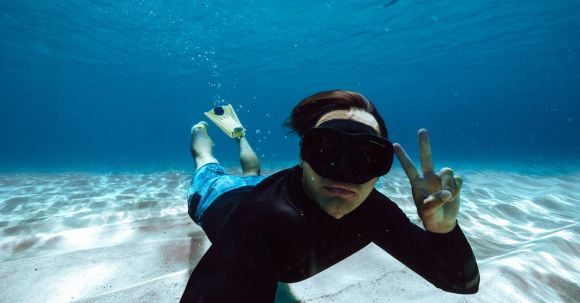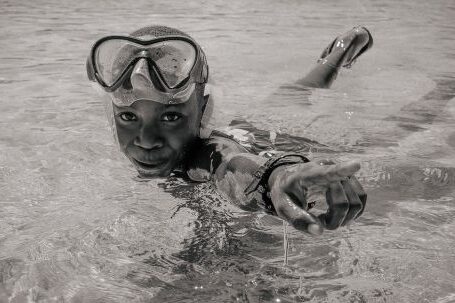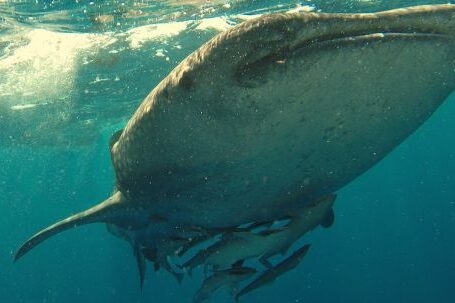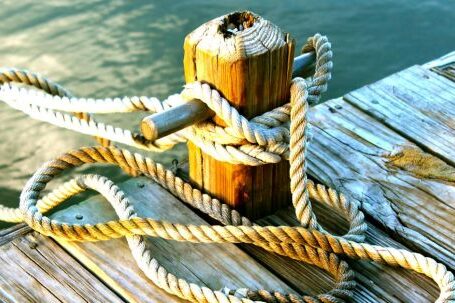Diving is an exhilarating and immersive experience that allows us to explore the wonders of the underwater world. However, it is important to approach diving with caution and responsibility to ensure our safety and protect the delicate marine environment. One way to achieve this is by diving with associations, which provide valuable resources and support for divers. In this article, we will explore how to dive safely and responsibly with associations.
Understanding the Importance of Associations
Diving associations play a crucial role in promoting safe and responsible diving practices. They provide training and certification programs that equip divers with the necessary skills and knowledge to dive safely. By joining an association, divers gain access to a network of experienced professionals who can offer guidance and assistance in various aspects of diving.
Choosing the Right Association
With numerous diving associations available, it is essential to choose one that aligns with your values and objectives. Research different associations and their philosophies to find the one that resonates with you. Consider factors such as their training programs, safety standards, and environmental initiatives. Opt for an association that emphasizes conservation efforts and actively contributes to protecting marine ecosystems.
Training and Certification
Before embarking on any diving expedition, it is crucial to undergo proper training and obtain the necessary certifications. Associations offer comprehensive training programs that cover theoretical knowledge, practical skills, and safety protocols. These certifications validate your competency as a diver and ensure that you are well-prepared for various diving scenarios.
Preparing for a Dive
Prior to diving, thorough preparation is essential for a safe and enjoyable experience. Associations often provide guidelines and checklists to help divers prepare adequately. Some key considerations include checking your equipment for any damage or malfunctions, ensuring you have the appropriate dive gear, and planning your dive in accordance with local regulations and conditions.
Safety Protocols and Procedures
Associations place a strong emphasis on safety protocols to minimize the risk of accidents and injuries. These protocols include pre-dive safety checks, buddy systems, and emergency procedures. It is crucial to familiarize yourself with these protocols and adhere to them strictly during every dive. Additionally, maintaining good physical fitness and regularly practicing your diving skills will contribute to a safer diving experience.
Responsible Diving Practices
Diving responsibly involves respecting and protecting the underwater environment. Associations promote responsible diving practices such as not touching or harassing marine life, avoiding damage to coral reefs, and properly disposing of waste. Divers should also be mindful of their buoyancy control to prevent accidental contact with delicate underwater ecosystems.
Contributing to Conservation Efforts
Associations often engage in various conservation initiatives to protect marine ecosystems. As a responsible diver, you can actively contribute to these efforts. Participate in underwater clean-up activities, report any signs of pollution or damage to local authorities, and educate others about the importance of marine conservation. By working together, divers can make a positive impact on the health and sustainability of our oceans.
In conclusion, diving with associations provides invaluable support and resources for divers to ensure their safety and promote responsible diving practices. By choosing the right association, undergoing proper training, and adhering to safety protocols, divers can enjoy the wonders of the underwater world while minimizing environmental impact. Let us dive safely and responsibly, preserving the beauty of our oceans for generations to come.





